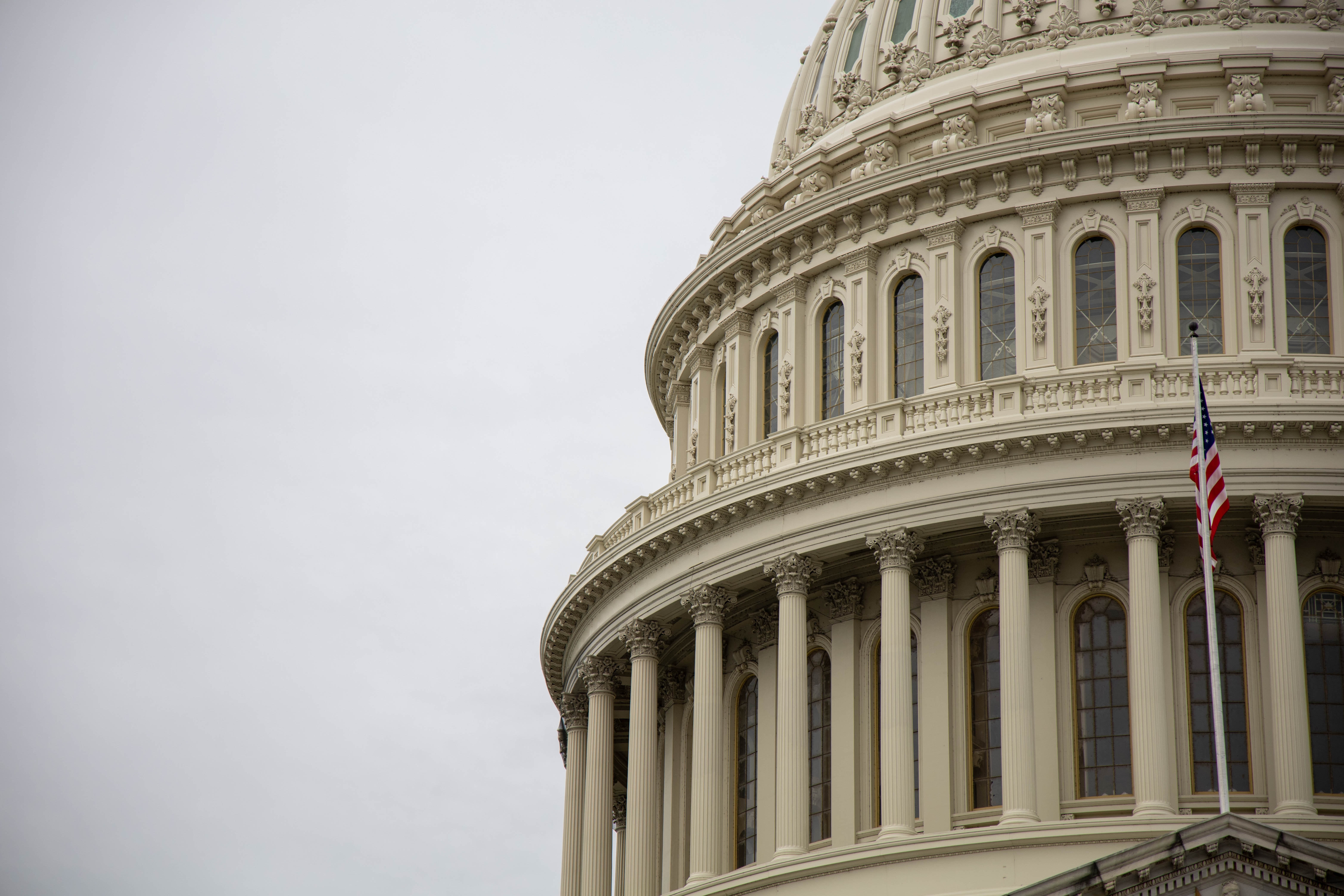
“If you’re listening to what others are talking about,” my mother said the other day, “and you get excited or worked up and start scratching your hands, they’ll fire you.”
The “them” in question is the management at my local Tim Hortons. After a year-and-a-half of job searching and applying, I’m finally an actual working 17-year-old woman. However, as mothers often do, mine had some reservations, including me unknowingly stimming in the workplace. Because self-stimulatory behavior is a common characteristic of being autistic, Tim Hortons can’t legally fire me on that account, contrary to my mom’s belief. The Americans With Disabilities Act (ADA) is the reason for preventing this discrimination. Still, on a local level for the disability community, the bare minimum required isn’t supportive enough.
According to the ADA government site, The Americans With Disabilities Act Of 1990 “prohibits discrimination on the basis of disability in employment, state and local government, public accommodations, commercial facilities, transportation, and telecommunications. It also applies to the United States Congress.” Despite this, the ADA can only realistically be applicable if there’s enough funding to back it up.
As an Ohio citizen and neurologically disabled resident myself, I’ve been able to receive benefits from my county’s Board Of Developmental Disabilities for a few years now. One of these benefits is $600 per year of Family Service Support (FSS), which can be spent for approved activities, services, and events. This is about a third less than the FSS offered from Franklin County, the largest county in the state, with $2,000 per year. This may seem like a lot at first, but expenses can add up quickly, especially when it comes to mental health counseling or large conferences.
I’ve been running into this problem more recently with my 18th birthday coming up in just a few months and different leadership conferences I’ve always wanted to attend before I go to college. Let’s be blunt here: disability is a varying degree of expensive, anywhere from $1,000 to $7,000 depending on the condition. If you have been raised in poverty or have a low-paying job, where you live doesn’t only determine what opportunities are available to you as a disabled person, but also whether you can even financially afford those opportunities. This is a huge issue because most counties nationwide only offer support based on the county population instead of the disabled county population. Suppose there are more disabled people in a smaller county than there are in a larger county. In that case, the larger county will still get more attention and funding from the state budget regardless of the community who needs that the most.
It’s important to know that this inequality wasn’t unanimously decided by some greedy politicians operating in a shadowy government building. Similar to sexism and racism, this is due to ableism, a systemic issue. One thing to note from the past year is that systemic issues aren’t just light switches you can flick on and off; they’re more like weeds, deeply rooted and invasive. These deep roots grow to internalized ableism, the invasive self-oppression of non-disabled people over disabled people. From personal experience, I can tell you that internalized ableism strongly impacts your mental well-being, in addition to your perception of others in the disability community. In my situation, with every setback my mom finds, she dives head-first into whatever research she could find, regardless of its accuracy.
“I’m not extremely autistic,” I used to think when I was approaching middle school, “I’m high-functioning. I’m a savant. I’m better, smarter, and more mature than those other disabled kids.” Yet, I still had an Individualized Education Plan (also known as an IEP), which many disabled students across the country have when they’re in K-12 schooling. The dichotomy I was performing between heresy and hierarchy, between capability and codependency, between neurodivergent and “normal” was more exhausting than I wanted to admit.
This toxic mindset has bred competition, elitism, and overall division in my life and plenty of others. Further accelerating this division is societal attitudes towards disability, which has been magnified significantly during the COVID-19 pandemic.
“This past year has been informed by ableism,” disability writer and keynote speaker Imani Barbarin wrote in a recent Instagram post. “So even now, as I am vaccinated, it feels hollow. This is no time to celebrate the absolute rot that is society. It never had to be this bad. None of it. Thousands of disabled people died because of people’s selfishness.”
All of these factors compound into a cycle of lacking disabled representation in local governments. Inadequate state funding creates barriers (sometimes literally) of entry into political arenas, causing disabled people not to advocate against those blockades because of internalized ableism. They won’t feel like they should need anything since they’re in a better situation than someone else. When this occurs, it fuels pre-existing societal attitudes toward disability by a lack of government representation. The cycle repeats itself.
This dilemma is just the tip of the iceberg. I could go on, but I’ll leave you with this: educate yourself and advocate for change, whether through a state senator or a dean of students. If you’re disabled, this is a step towards making a place for others like you in your local community. If you’re an ally, this is a step towards being part of the solution.